Did Europeans Invent Critical History?
A Debate on the Uniqueness of the Western Historical Tradition
I sparked an interesting debate on X recently regarding the uniqueness of the European approach to historiography. It’s difficult to keep track of these kinds of discussions across X, so I’ve put together my posts on this topic and some of the more interesting responses.
Europeans were the only people to develop history as an independent discipline with its own methodology, with things like textual criticism and handling of diverse sources, distinct from myth or propaganda.
Other civilizations like China kept detailed historical records, but these were mostly genealogical records compiled by bureaucrats and designed to legimitise dynasties or instruct rulers.
Greeks built the Library of Alexandria as a centre for preserving and studying texts from across the known world. Scholars compared manuscripts of classical authors to correct errors and produce standardised texts, something practically unheard of in the ancient world.
Europeans have treated ancient historical sources with unique care. The norm in most times and places has been to take this careless attitude to ancient sources. But in contrast, everywhere Europeans went they began to collect detailed historical records, protect ancient sites, and compile real histories of the regions independent of local myth.
The pyramids at Giza and other Egyptian historical sites fell into centuries of neglect under Islamic rule.
The pyramids were quarried for building material. The original white limestone that covered the pyramids is gone because it was stripped for building in Cairo.
There was no organised attempt at preservation or historical understanding of these sites for centuries. Instead, they were simply seen as a curios relic of paganism and understood using folklore involving djinn or giants and other superstition.
The nose of the Sphinx was destroyed in the 15th Century, in response to Egyptian peasants giving it offerings, because of a belief that you could "kill" a statue by cutting off its nose and stopping it breathing.
It was only when Egypt came under European rule that the pyramids began to be studied scientifically and "Egyptology" became its own field. European explorers and scholars surveyed, excavated, translated and protected ancient Egyptian sites, eventually teaching locals to treat these sites with some reverance.
In response to this, many users presented the example of detailed Chinese histories, especially the example of the Shiji.
This is not a good counter-example to my argument.
The Shiji was a massive historical chronicle from 1st Century China that mixed historical records, biographies and moral lessons for the purpose of legitimising and guiding Chinese rulers.
While Chinese civilization produced detailed historical records like this, it was done for bureaucratic purposes within a Confucian tradition, meaning it blended myths and legends with real history and written with the purpose of teaching moral lessons to its readers.
European historiography uniquely developed systematic methods such as textual criticism, evident as early as the 5th century BC in the works of Thucydides. In contrast, the Shiji relies on oral traditions and official records without a critical methodology for verifying sources.
Because of this, Europeans were unique in their effort to preserve and study original texts in their own right, even when these texts challenged mythic narratives or political agendas.
Did Islamic Civilization Match the West in Critical History?
Almost all the responses to my thread are just people pointing out large historical works written outside the West, which misses the point.
In this case, the works highlighted are Islamic exegesis, which combine creation myth, religious teaching, and historical chronicles.
Islamic civilization did have historiography, but it never became a systematic science of a subject of formal study. The Qur'anic understanding of history was cyclical rather than linear, events were presented as timeless and not part of a historical chain.
Ricardo Duchesne writes "we do not find, among Muslims or Chinese, actual historical narratives, as contrasted to mere chronicles -- that is, there are no controlled, sustained monographs, with a coherent and continuous narrative, as we see in Thucydides, Polybius, Livy, Tactitus..."
Now look at the quote this person uses to support their point.
This quote does not say Islamic civilization produced any innovation which influenced Euopeans, only that Western historians used Muslim historical literature to gain a broader comparative lens. But this is not something that was done in the other direction.
This only reflects the truth that Europeans were the only civilization to systematically study other cultures as coherent systems of belief and history worthy of critical engagement on their own terms.
The steelman counter-example would be Ibn-Khaldun, who is a genuinely remarkable thinker for his time who created a cyclical theory of the rise and decline of civilizations and his own method of sociological analysis.
But his work was an isolated intellectual achievement which did not produce a school of thought or repblicable theoretical framework.
His work was largely ignored, and Muslim historians after him continued to write in a traditional chronicle formats. The critical attitude he took to sources was not replicated.
Moreover, while impressive, his work was focused on on Islamic and Arab history. He did not compare texts from different civilizations or study Greek or Roman histories critically. His approach was not universalist in a way the thinking of European historicists was.
Ironically, his modern recognition and understanding as a "sociologist" and historicist is largely due to him being rediscovered through a European lens.
In response to my challenging the idea that Islamic historiography was equal to its Western counterpart, Islamic scholar Daniel Haqiqatjou disagreed.
All this is a cope after you got proven wrong.
The hadith sciences ARE a historiographical field dedicated to authenticating reports of the statements of the Prophet Muhammad ﷺ and his earliest followers. Literally tens of thousands of books were written by Muslims from the late 7th century onwards engaging in critical historical investigation of the Prophet's ﷺ life and his teachings.
Don't let white chauvinism drive you to make factually incorrect claims.
Ricardo Duchesne himself responds to Haqiqatjou:
The very fact that you view Allah as a prophet, and that the Muslims historians you reference did as well, demonstrates my point. As I explain in Greatness and Ruin, "in his book Islamic Historiography, Robinson claims that many Muslim historians 'were alert to contradictory evidence, to fabrication, exaggeration and bias.' It was important for them to be true to the history of their religion. But as Humphreys (2002, pp. 90-92) recognizes, Muslim historians 'never show any real awareness of change and development' in their chronologies. 'Events were in a real sense timeless. . . conceived and presented as moral exempla, not as links in a continuous narrative or as part of a historical process…The Qur’anic understanding of history is cyclical rather than linear' (Humphreys, 2002, pp. 90-92)."
"Moreover, Muslims did not offer explanations for the cycles of history (as we saw in Polybius, Sallust, Livy). The point of their moral teaching was to illustrate, not to explain, whereas for the ancients the point was to instruct about the nature of human beings, and why this nature underlies the cycles of history. And, as Humphreys admits, Muslims had no conception of change and development — unlike Christians, who initiated a history of development and started to identify the main stages of history."
Yes, they are narrowly aimed at authenticating reports of statements by a religious figure, not discovering historical truth for its own sake.
They operated within a doctrinal framework as given and their method never extended to critique Islamic tradition itself, nor to develop a universal method of historical inquiry applicable beyond Islam.
Thus, they are not comparable to the universalised, self-critical Western method of historiography.
Again, you are simply wrong here. Muslims were engaged in investigating history (Tarikh) using sophisticated methods they developed for this purpose. And the sub-field of Jarh wa Tadil was self-critical and skeptical history.
What you are struggling to articulate is that the West invented materialist histories. That's true. The Western historians, starting from Edward Gibbon, simply took for granted Enlightenment materialism in their understanding of time, history, and the rise and fall of civilizations. Other civilizations outside the West took for granted their metaphysical assumption as well, but that doesn't mean they weren't engaged in history, even critical history.
Hadith criticism could be rigorous and self-critical, but only within its confines. It was aimed at doctrinal integrity, not reconstructing history across time and cultures.
My argument predates the Enlightenment and goes back to historians like Thucydides and Polybius who were already part of a tradition that treated historical causality as intelligible and open to critical inquiry.
The uniqueness of the Western tradition is not that it took materialist metaphysics for granted, it's that it developed tools to transcend its own cultural beliefs and develop a self-correcting and universalisable historiographical tradition.
I am not talking only about hadith. I am also talking about the wider field of Tarikh, which did investigate the history of the world outside of the immediate context of 7th century Arabia.
As for the value of "transcending cultural beliefs," yes, this is unique to Enlightenment thinking, and it is precisely what has created the postmodern deracination of European identity you're always bemoaning.
Don't you realize the sheer irony of what you're being triumphalist about?
Maybe if Europeans were more like Muslims, and they stopped trying to transcend their culture, geography, and heritage in seeking this cold, objective standpoint of "universalisable" cosmology you're so proud of, they wouldn't be facing an existential crisis today.
Please connect the dots.
It's not just a product of the Enlightenment. You can see it already in Thucydides, Polybius, Tacitus and Renaissance humanists.
I do agree with you it cuts both ways, the same European capacity for universalism and stepping outside their tradition is largely responsible for the situation our people find themselves in today, but if we want to deal with that we should understand it for what it is, and we should celebrate what's good about it.


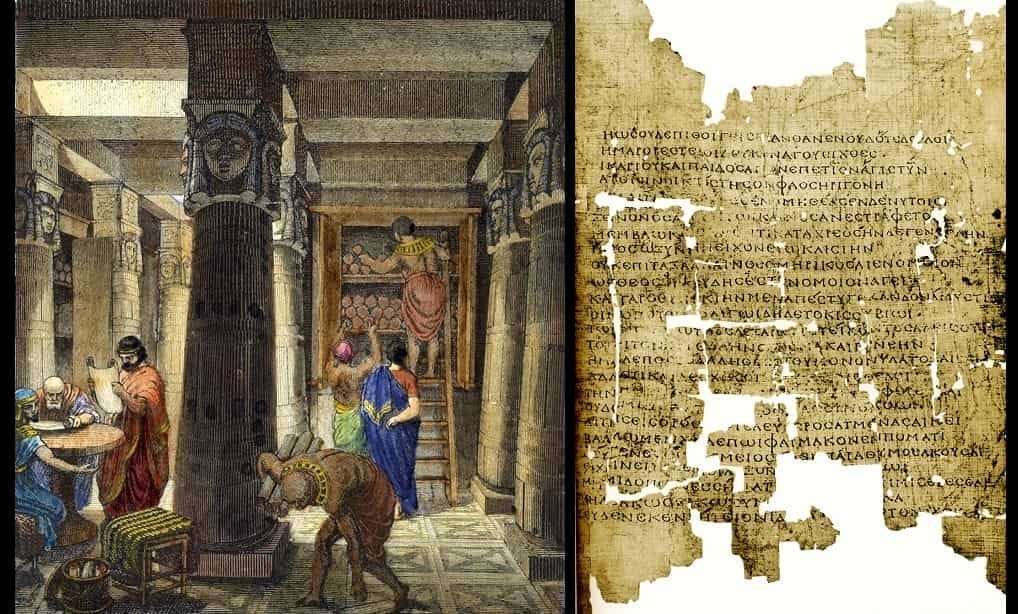
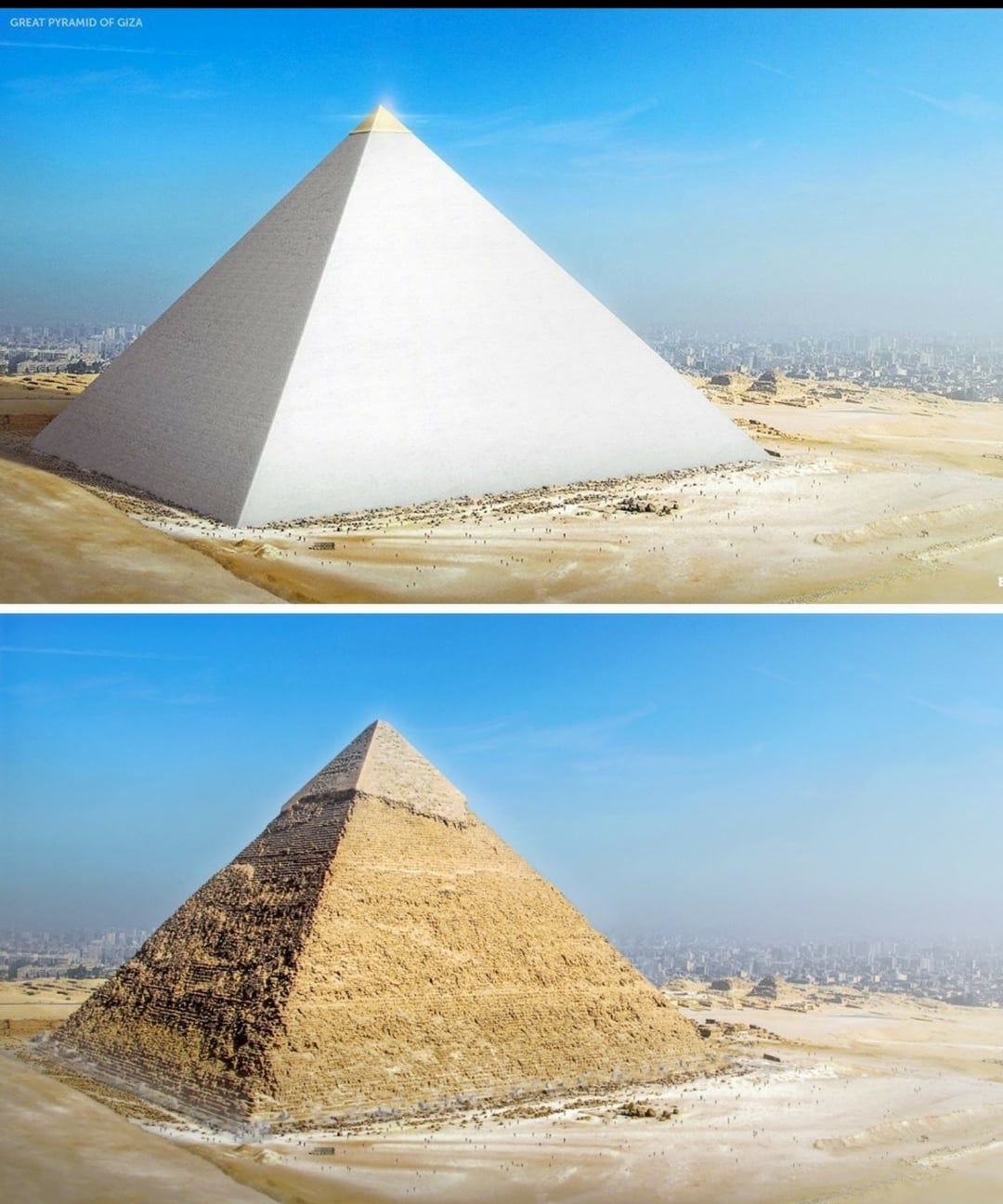
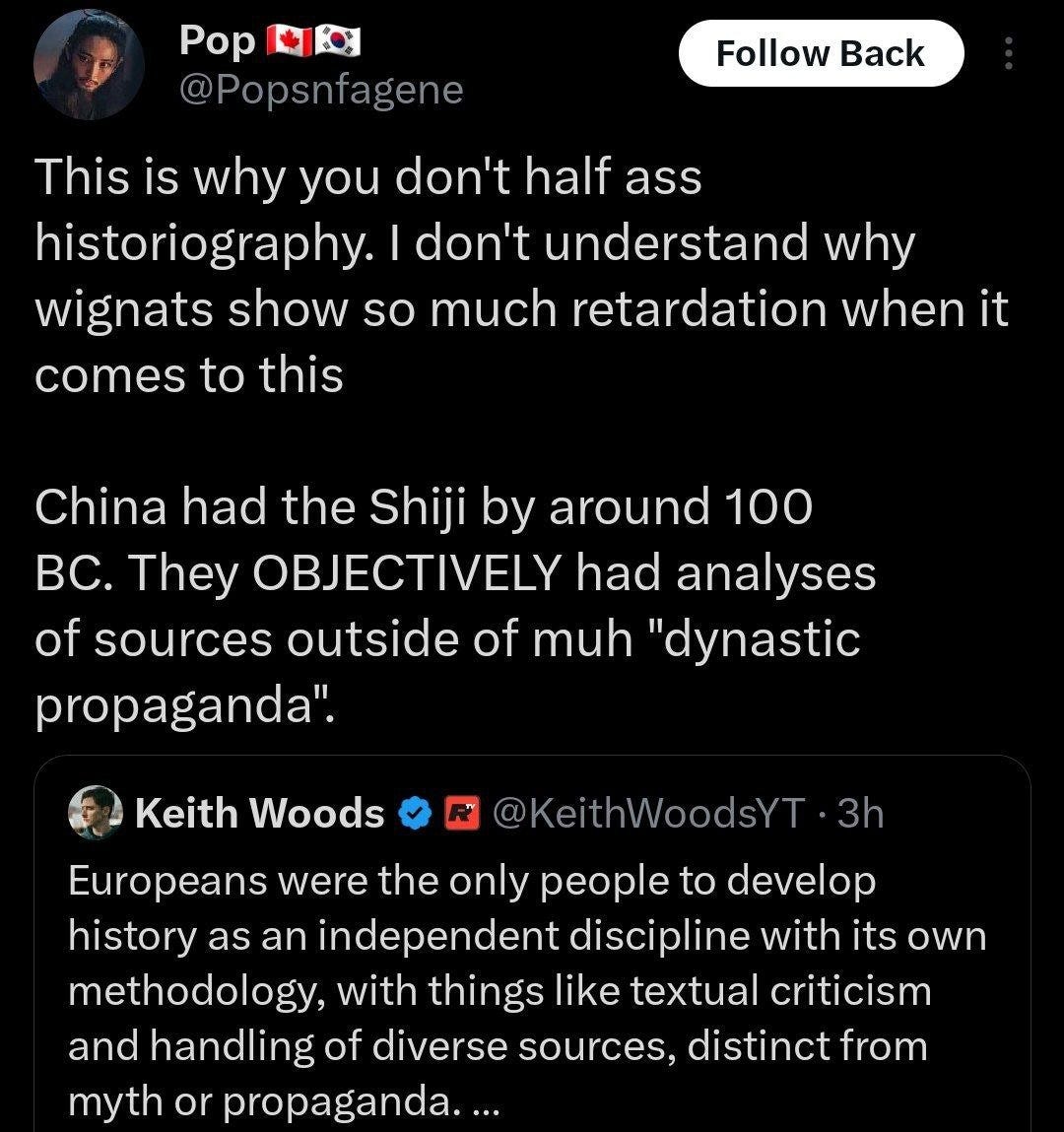
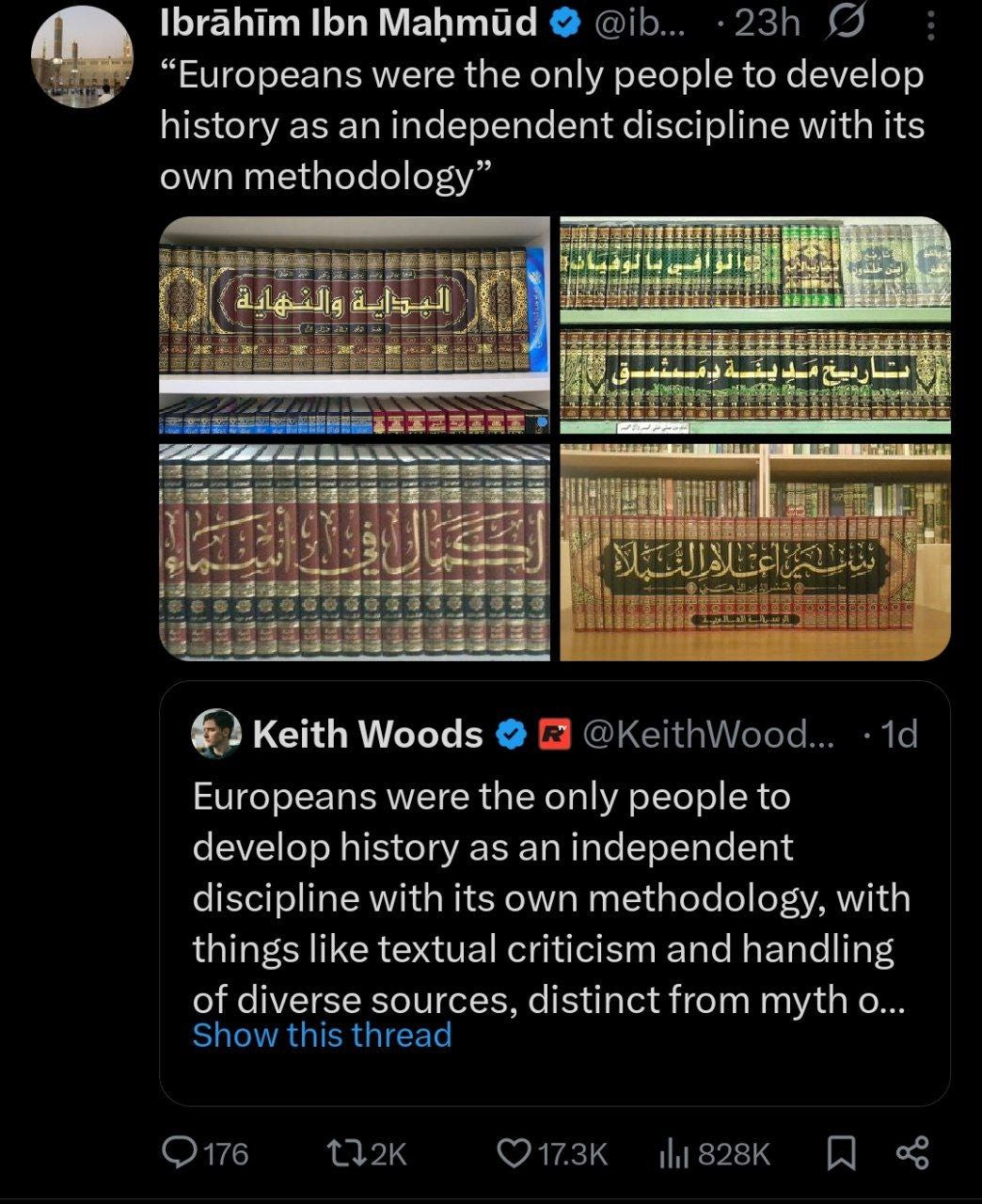
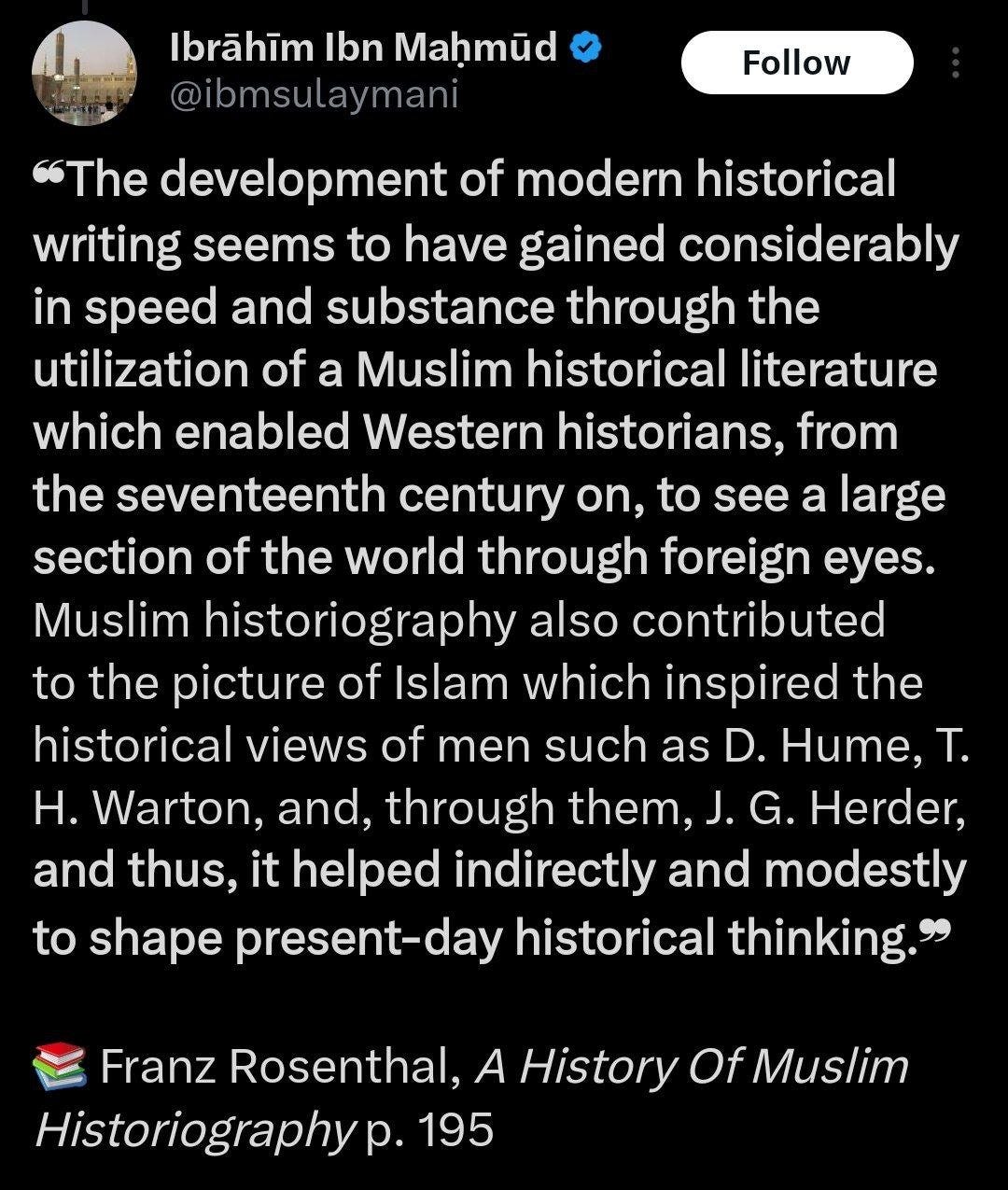
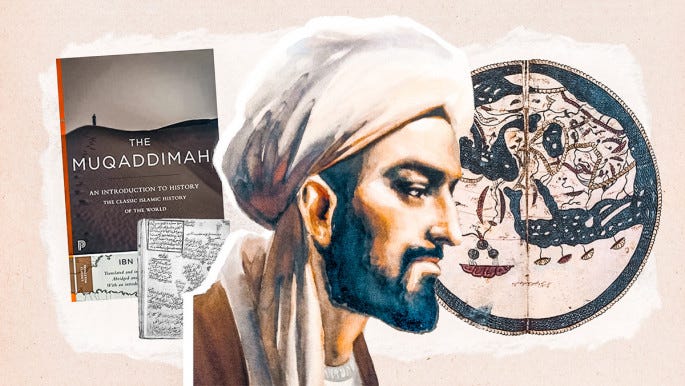
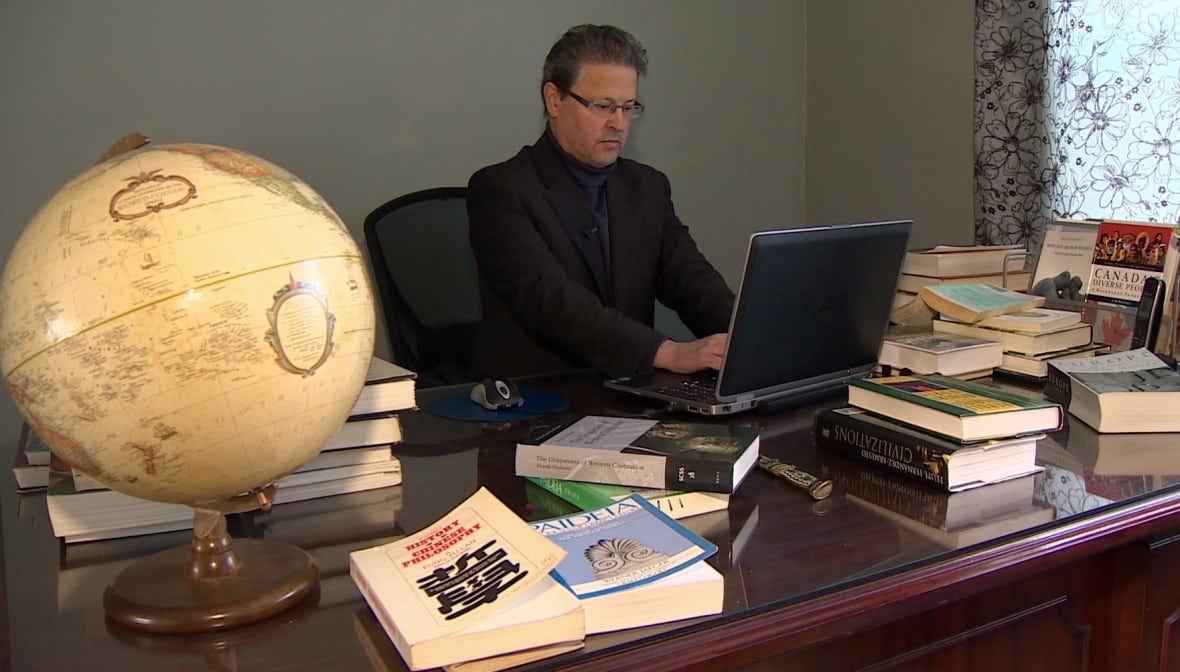
Archeology is an even better illustration of the superiority of Europeans over all other peoples. in studying and understanding the past.
The miniscule and pitiful contributions of non-Europeans to archeology almost without exemption involve parochial excavations of their own cultural sites in an attempt at agrandizing their own cultures
British historian Alistair Horne on the inequality of source material on the Algerian war:
“A senior Algerian diplomat, who had played an important part in the Revolution, while expressing personal enthusiasm for my project, warned that I might be discouraged by a shortage of written source material…”
Furthermore,
“There is not the smallest plaque or commemoration to indicate where such heroes of the Revolution as Ali la Pointe fought and died…”
He believes this is the case because the “Arab tradition holds a concept of History that is rather different from the European. It rates altogether lower priority, insofar as the essential fatalism of religious teaching suggests that man is strictly limited in the capacity to shape his destiny. Thus the tendency to write off the past, relegating its events- whether they occurred yesterday or in AD 600- to the same vast limbo.”